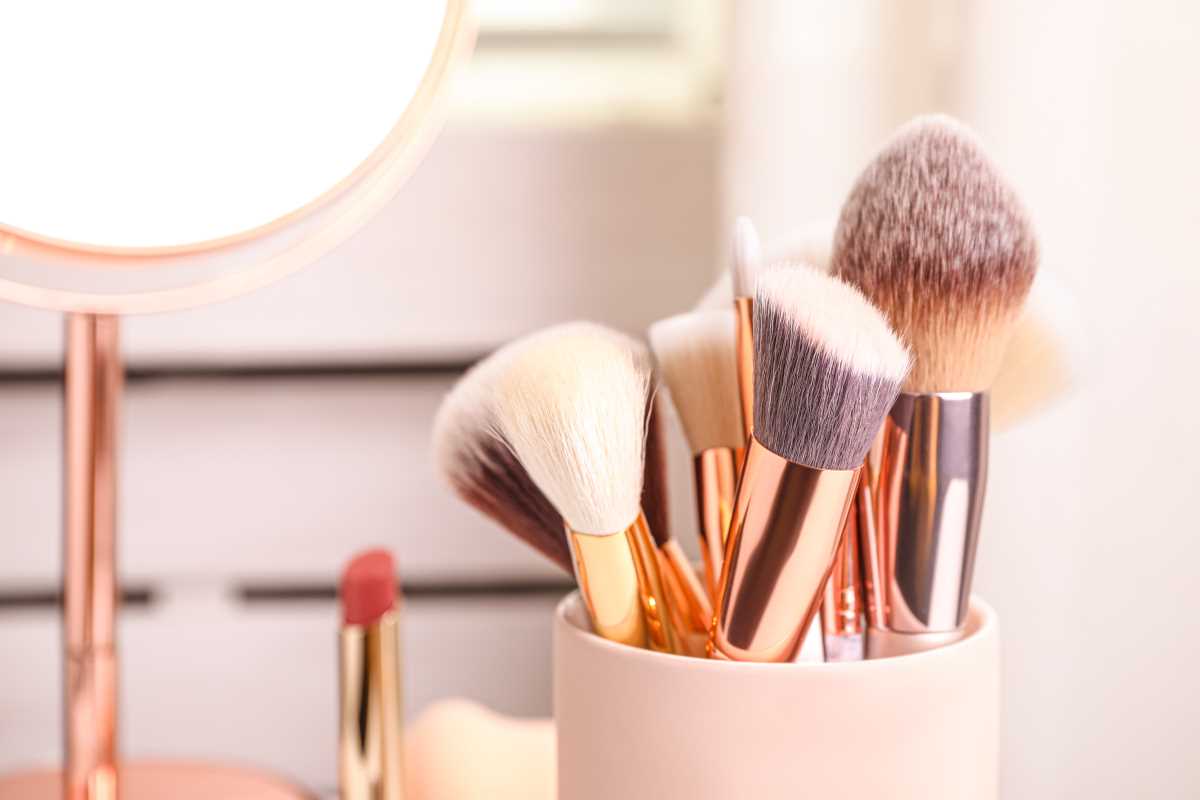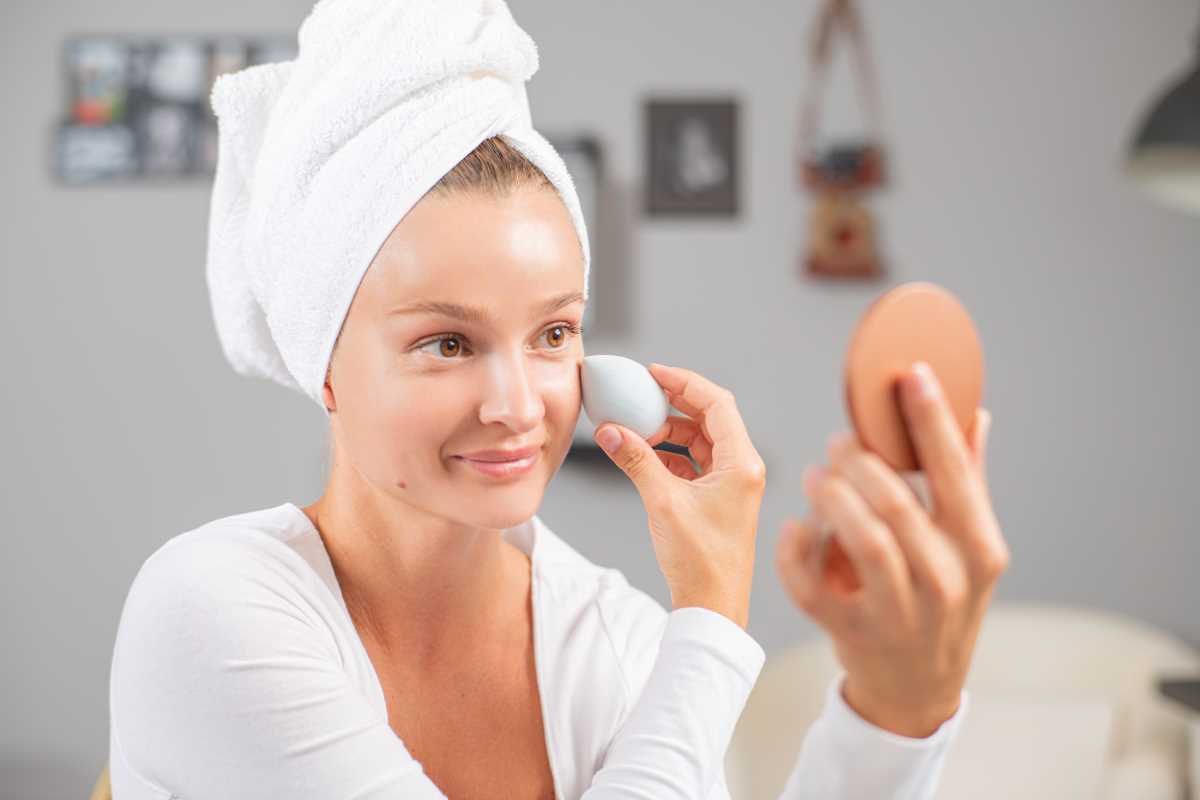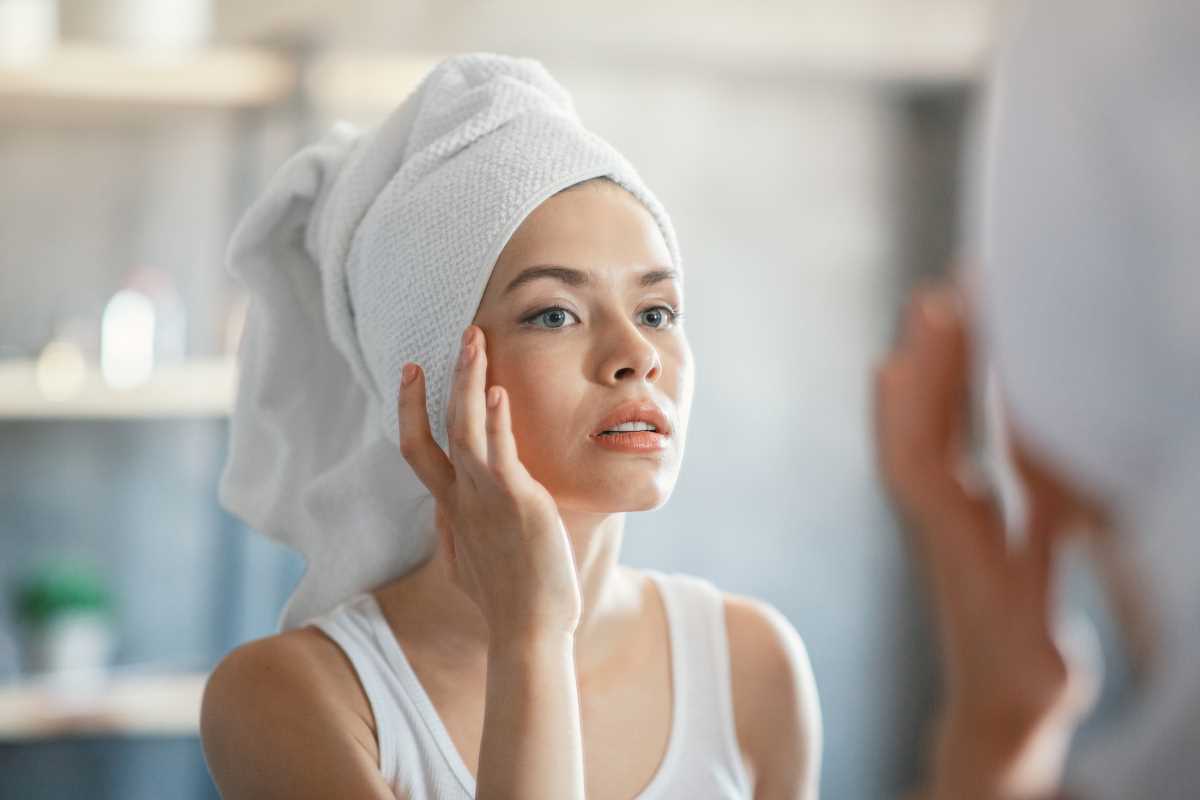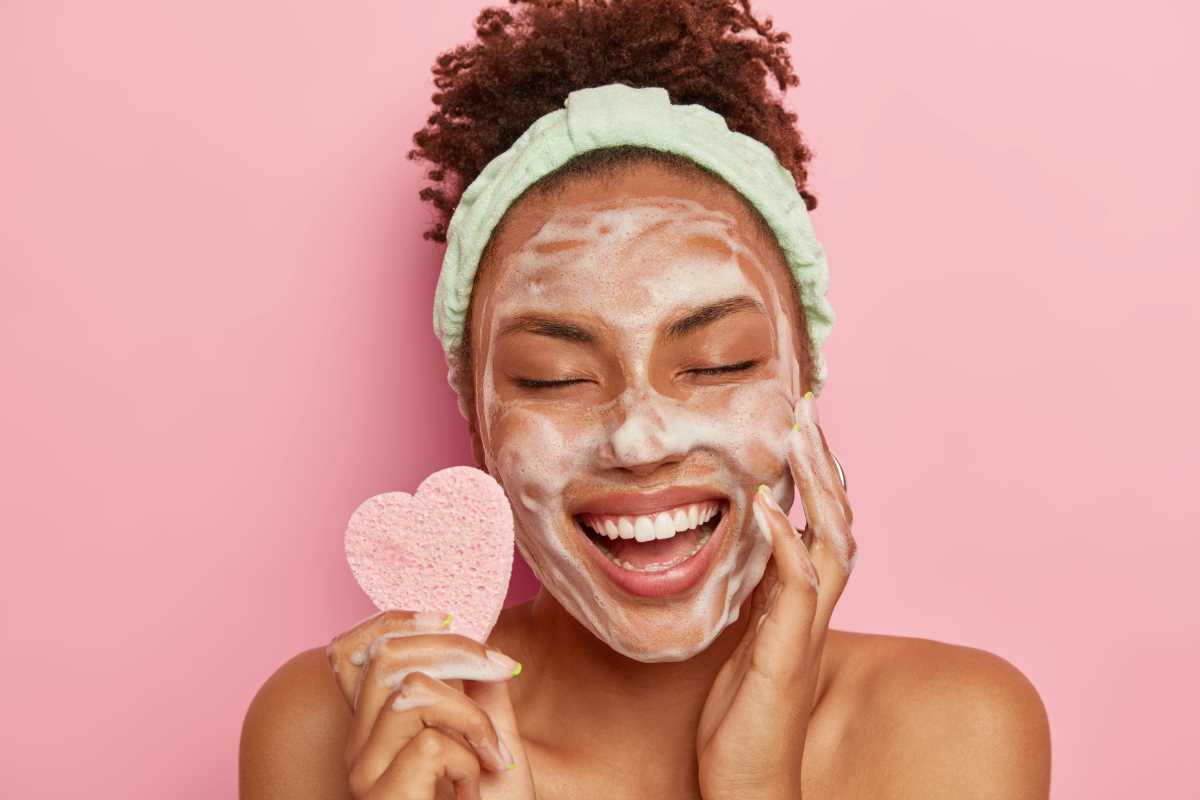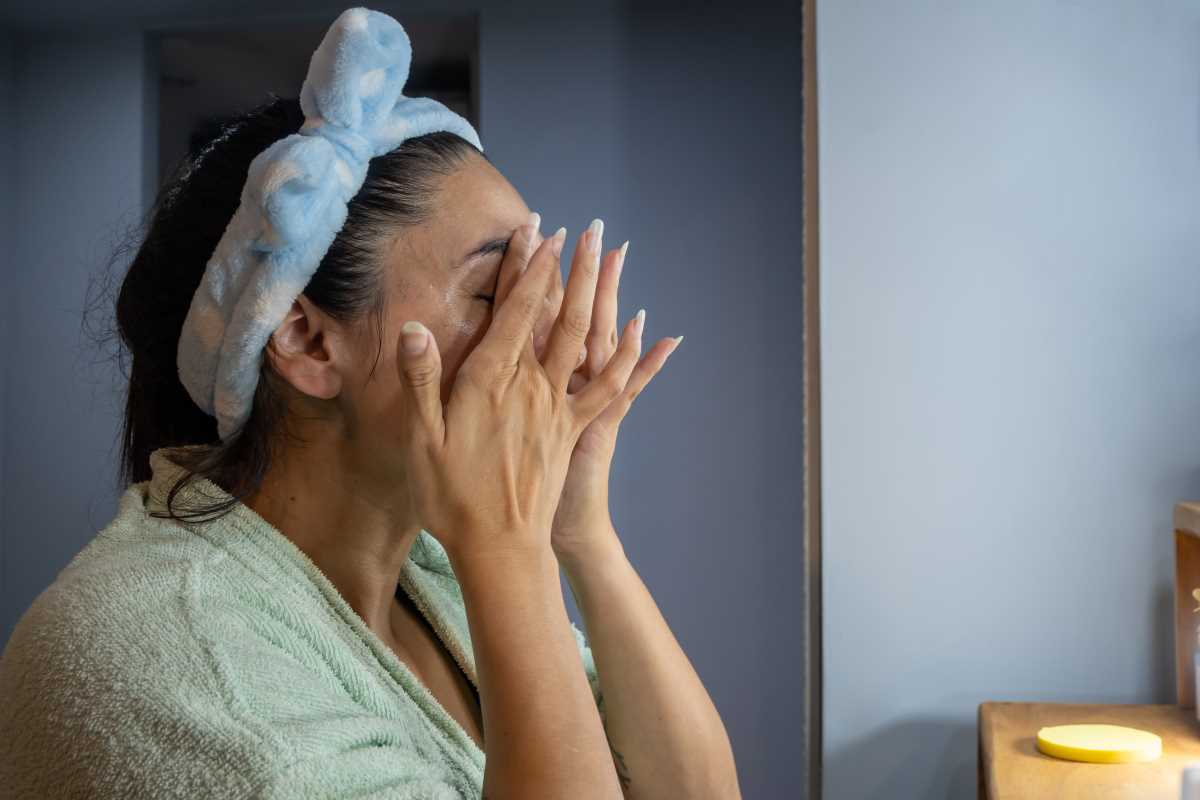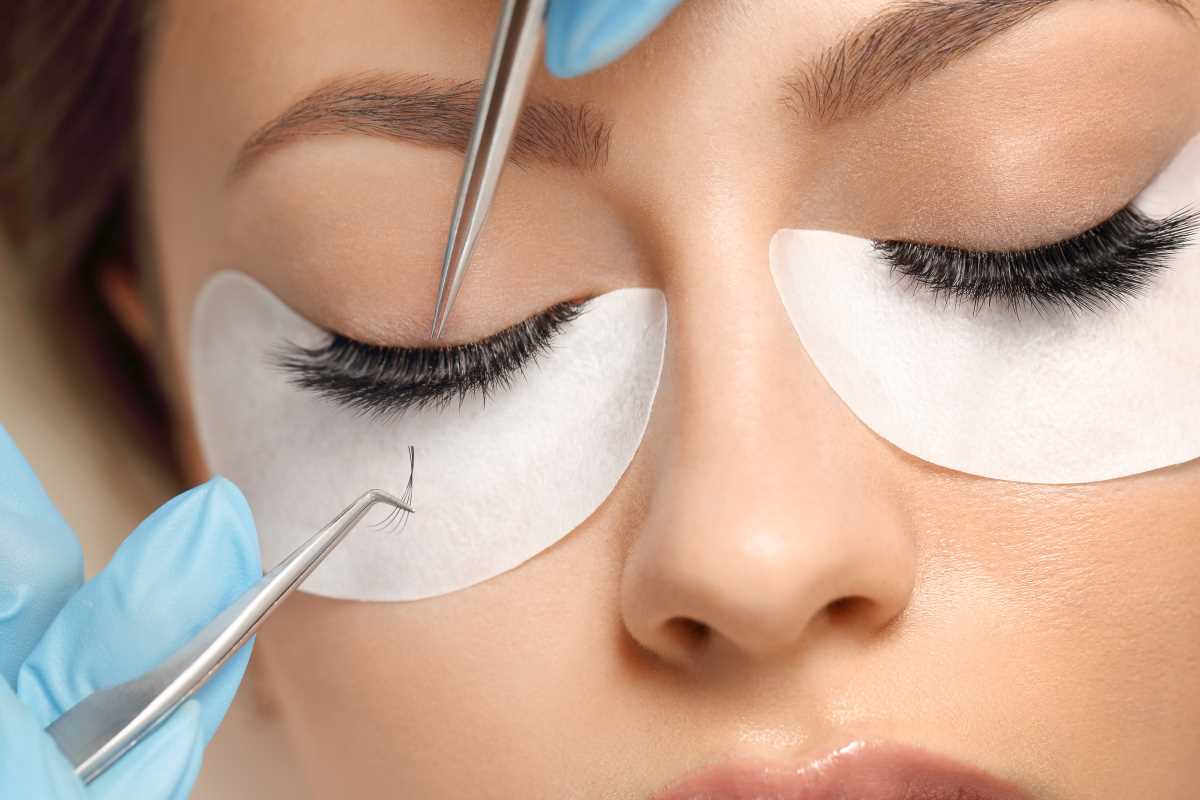Maintaining a beauty routine is essential for many, but some habits could be doing more harm than good. Here are common beauty practices that might be affecting your health.
Using Expired Makeup
Expired makeup isn't just less effective; it can also harbor bacteria that can cause skin irritation and infections. Mascara and liquid eyeliner, in particular, are prone to bacterial growth, which can lead to eye infections. Always check the expiration date and replace products regularly.
- 40% of women admit to using expired makeup.
- 3 months is the recommended shelf life for mascara.
Skipping Sunscreen
While many focus on moisturizing and anti-aging products, skipping sunscreen can negate these efforts. Unprotected sun exposure accelerates skin aging and increases the risk of skin cancer. Applying a broad-spectrum sunscreen daily can help protect your skin from harmful UV rays.
- 1 in 5 Americans will develop skin cancer by age 70.
- 30 SPF is the minimum recommended sunscreen for daily use.
Over-Exfoliating
Exfoliating helps remove dead skin cells, but overdoing it can strip the skin of its natural oils, leading to irritation, redness, and even breakouts. It's essential to find a balance and limit exfoliation to a few times a week to maintain healthy skin.
- 2-3 times per week is the recommended exfoliation frequency.
- 25% of people report skin irritation from over-exfoliating.
Sleeping with Makeup On
Leaving makeup on overnight can clog pores, leading to breakouts and dull skin. It can also accelerate the aging process by breaking down collagen. Always remove makeup before bed to keep your skin clean and healthy.
- 30% of women admit to sleeping with makeup on at least twice a week.
- 30 seconds is all it takes to remove makeup effectively.
Using Too Much Dry Shampoo
Dry shampoo can be a lifesaver, but overuse can lead to scalp buildup, which can clog hair follicles and even cause hair loss. It's important to use dry shampoo sparingly and wash your hair regularly to keep your scalp healthy.
- 2-3 days is the maximum time between regular washes recommended.
- 40% of women use dry shampoo at least once a week.
Ignoring Makeup Brush Hygiene
Dirty makeup brushes can be a breeding ground for bacteria, leading to skin issues like acne and infections. Regularly cleaning your brushes helps maintain their quality and prevents the transfer of bacteria to your skin.
- Once a week is the recommended frequency for washing makeup brushes.
- 50% of women admit to not cleaning their makeup brushes regularly.
Wearing Tight Hairstyles Too Often
Constantly wearing tight ponytails, buns, or braids can lead to traction alopecia, a condition where hair loss occurs due to repeated stress on the hair follicles. It's crucial to let your hair down or opt for looser styles to prevent long-term damage.
- 1 in 3 women will experience hair loss in their lifetime.
- 90% of cases of traction alopecia are preventable with proper hair care.
By re-evaluating your beauty routine and making small adjustments, you can protect your health while still looking your best. These habits might seem harmless, but over time, they can have significant impacts on your skin and hair.
